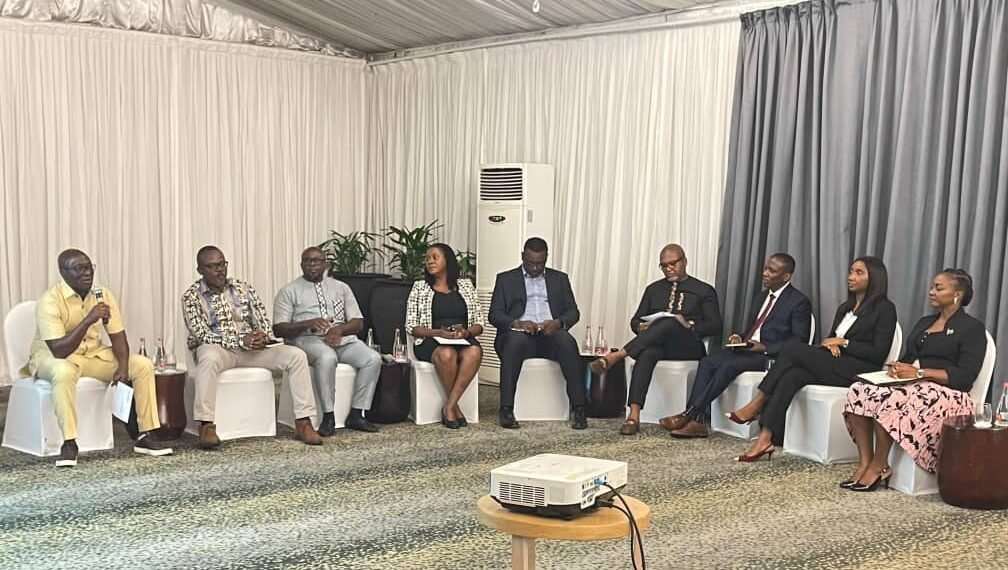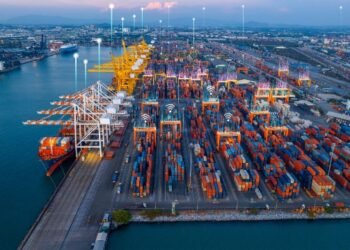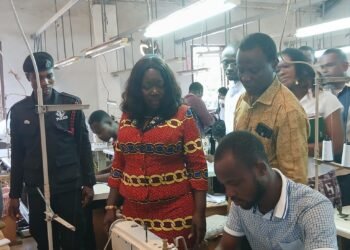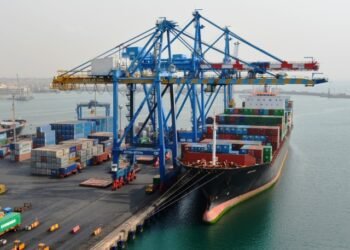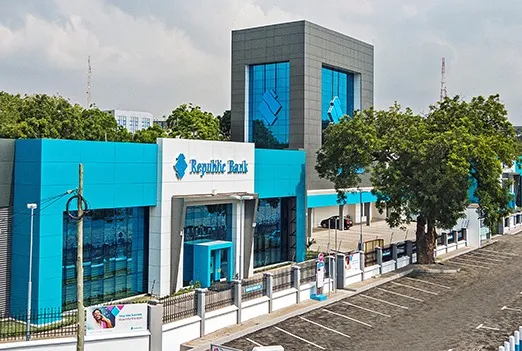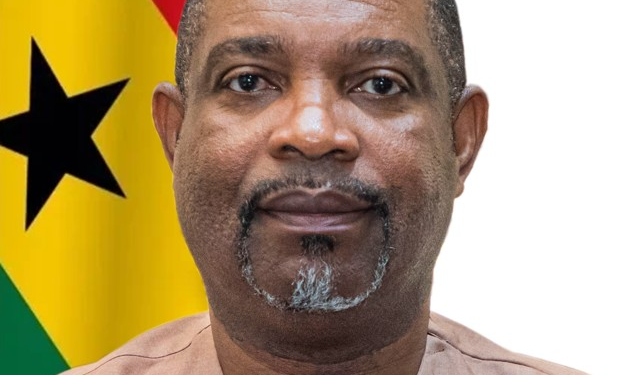Intra-African trade has long been touted as the key to unlocking the continent’s economic potential, yet structural inefficiencies, poor digital infrastructure, and fragmented policies continue to hinder progress.
At a high-level Thought Leadership Panel hosted by Stellenbosch Business School, industry leaders, academics, and policy experts issued a clarion call for immediate reforms to transform intra-African commerce.
The panel discussion, themed “Boosting Intra-African Trade and Investment: Priorities and Levers for Action,” brought together a diverse group of thought leaders to dissect the persistent challenges facing trade across African nations. With the African Continental Free Trade Agreement (AfCFTA) hailed as a game-changer, experts argued that political will, policy alignment, and digital investment are urgently needed to translate potential into practice.
Mr. Chris Wullf-Caesar, Managing Director of Unilever Ghana Plc, delivered a stinging critique of the current state of affairs: “The AfCFTA agreement remains more theoretical than practical. Moving goods across African borders is still plagued by inefficiencies, delays, and non-tariff barriers.” He called on heads of state to take concrete steps to harmonise trade protocols and facilitate seamless movement of goods and services.
Ghana, Nigeria and the Unity Imperative
Mr. Lawrence Okine, an alumnus of Stellenbosch Business School, made a compelling case for a united African front in global economic dealings. He noted that no country could succeed in isolation, stating, “Ghana’s growth is linked to Nigeria’s, and both are dependent on the continent’s collective development.”
His comments underscored a growing sentiment among experts that regional rivalries and siloed policymaking are holding Africa back. For real transformation to occur, leaders must adopt a shared vision that places Africa first.
A major theme of the panel was the critical role of digital infrastructure in driving trade. Mr. Okine lamented the continent’s poor internet penetration—currently at around 50%—compared to over 90% in developed regions such as Europe.
“This digital lag severely limits Africa’s ability to fully adopt cross-border payment platforms and digital commerce systems,” he explained. In an age where digital payment solutions are key to international trade, Africa’s digital divide becomes not just a tech issue but a trade issue.
Dr. Ralph Nordjo, Director of the Africa Directorate at the Copenhagen Consensus Centre, reinforced this point, advocating for greater investments in digital infrastructure to empower small businesses and improve transaction efficiency.
SMEs Face the Biggest Hurdles
Small and medium-sized enterprises (SMEs), which constitute the backbone of Africa’s economy, were a central focus of the panel. Ms. Nana Esi Idun-Arkhurst, Divisional Director for Business Banking at Fidelity Bank Ghana, highlighted the overwhelming infrastructural challenges these businesses face.
“SMEs are navigating a maze of inefficiencies, from fragmented logistics systems to underdeveloped trade corridors. For intra-African trade to thrive, we must empower our SMEs through targeted financial products, training, and access to better infrastructure.”
Nana Esi Idun-Arkhurst
The discussions were not just diagnostic—they were also prescriptive. Speakers called for concrete actions to dismantle the non-tariff barriers that continue to choke trade. These include streamlining customs procedures, adopting interoperable digital systems for payments and tracking, and enforcing AfCFTA commitments with greater accountability.
Legal expert Ms. Brenda Semevo Afari emphasized the need for strong governance structures: “Trade laws and cross-border regulations must not only exist—they must be implemented consistently and fairly.”
Meanwhile, if Africa is to reap the full benefits of AfCFTA and empower its people through trade, its leaders must urgently tear down the barriers—both physical and digital—that inhibit integration.
As Mr. Wullf-Caesar aptly put it, “We can no longer afford to pay lip service to intra-African trade. The time to act is now.”
READ ALSO: Trade Surplus Hits $5.6 Billion as Ghana’s External Sector Flexes Muscle Ahead of July MPC Decision

